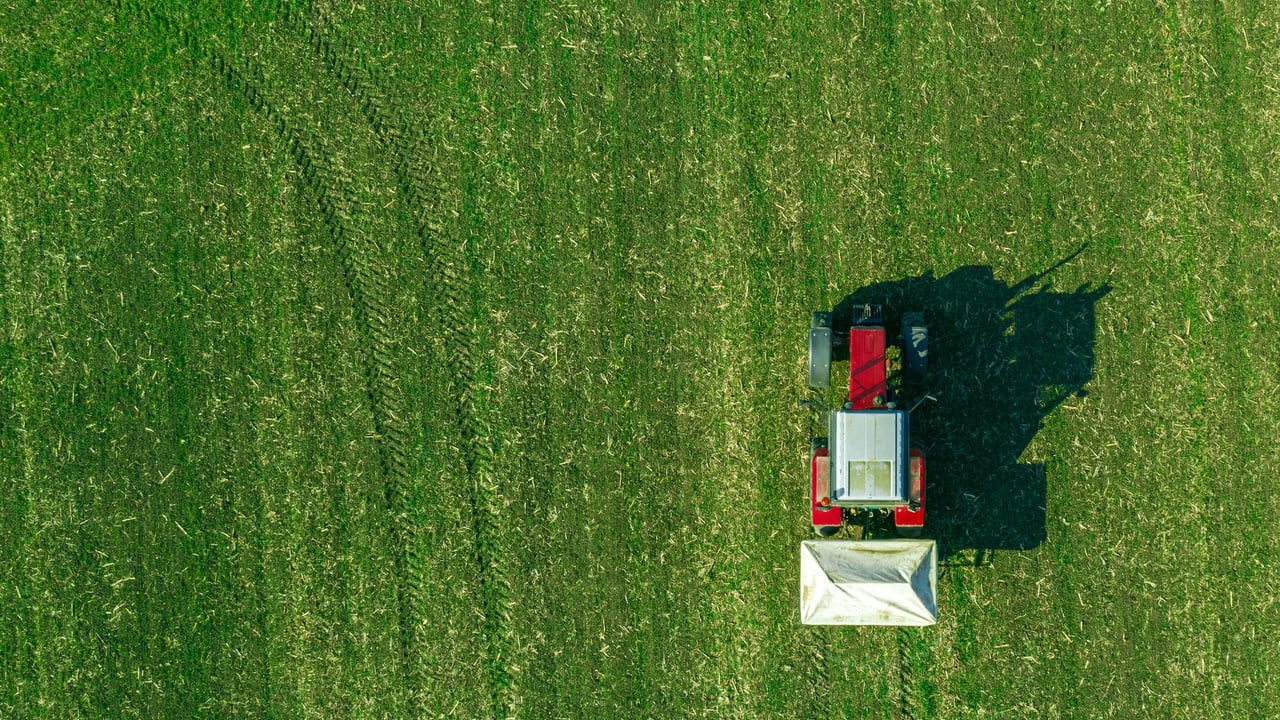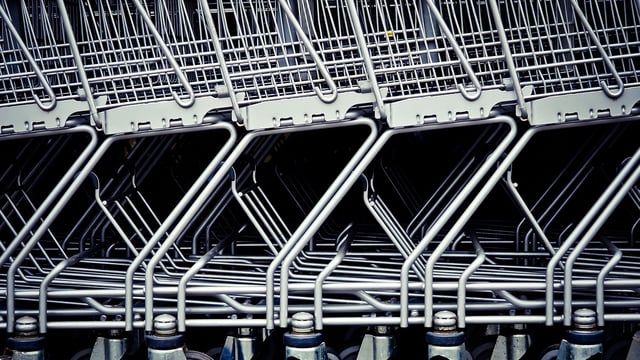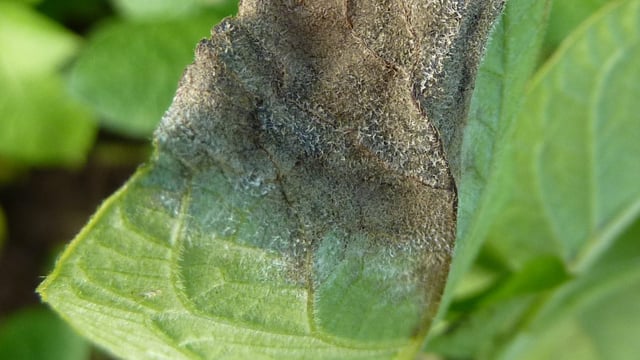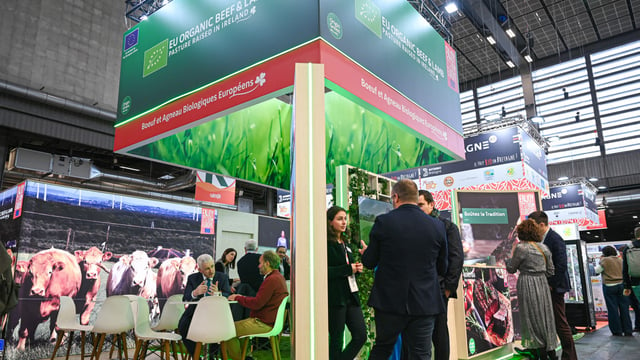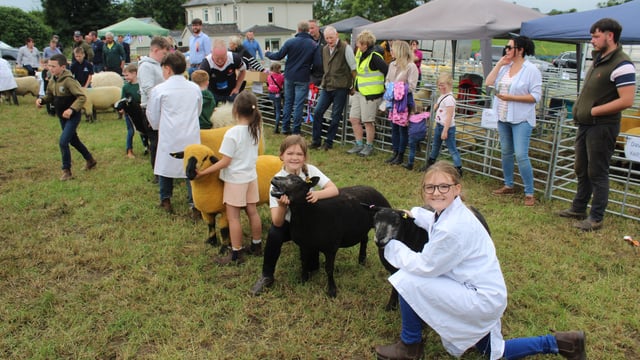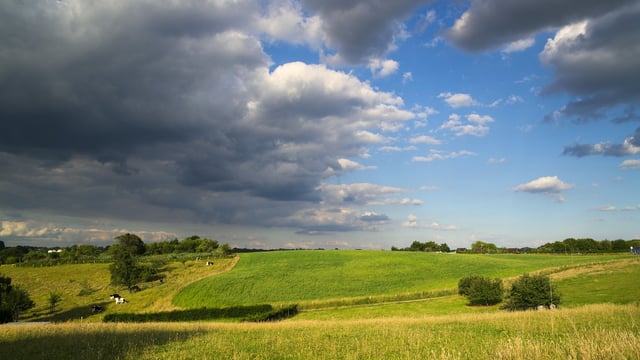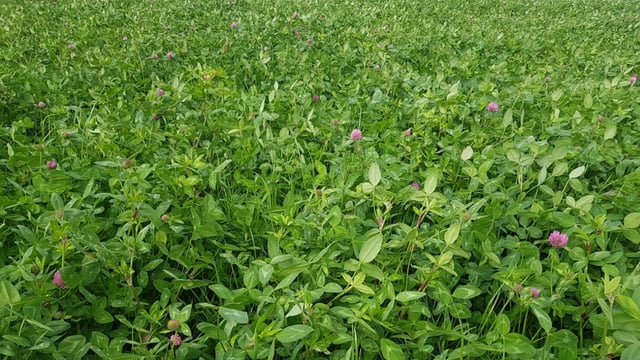Report: Limitations to 'subsidy-centric approach' to emissions
A report published today (June 30) has recommended that Ireland introduces "emissions pricing" to complement subsidies to accelerate decarbonisation.
It highlights that in 2023, Ireland's agricultural emissions had decreased by 2.9% from the 2018 baseline, and that the Environmental Protection Agency (EPA) forecasts only a 16% reduction by 2030.
As a result, the paper proposes that climate action in agriculture "moves beyond concentrating solely" on the 2030 targets, and focuses on long-term system design, including incentives and governance structures.
The report titled 'Designing Agricultural Climate Policy in Ireland from 2030 to Net Zero' was published by the Institute of International and European Affairs (IIEA), under the Pathways: Ireland’s Agricultural Future initiative.
The paper is authored by Alan Matthews, professor emeritus of European agricultural policy at the Department of Economics at Trinity College Dublin, and Matthew G. O’Neill, climate project lead at the IIEA.
IIEA report
According to the paper, there are several limitations to Ireland's "subsidy centric" approach.
It believes that subsidies are useful for incentivising specific mitigation practices, but suffer from "diluted environmental objectives, uncertain additionality, deadweight losses, and rebound effects".
The report also claims that subsidies "fail to internalise the climate cost of emissions", and that they lack continuous financial incentives for innovation.
As well as calling for the introduction of emissions pricing, the report claims that assigning a direct cost to greenhouse gas (GHG) emissions pricing transforms them from an externality into an "operation expense", which integrates mitigation into core farm decision-making.
The report states that concerns around income viability, competitiveness, and the administrative burden for farmers must be central to the design of the pricing scheme.
It claims that revenue cycling, through lump-sum payments or VAT rebates, will "go a long way" to ensure that a pricing scheme is income-neutral for the sector as a whole.
However, the paper highlighted that there are additional costs, or income losses, that would not be covered.
According to the report, Denmark has imposed a carbon tax on livestock emissions, in order to achieve a 70% reduction in overall GHG emissions by 2030, compared to 1990 levels.
In 2030, the country will introduce a carbon dioxide (CO2) tax on emissions from livestock digestion and manure handling.
The tax revenue generated between 2030 and 2031 will be returned to the agricultural sector through investments in climate technology, green initiatives, and production conversion, specifically targeting farmers hardest hit by the tax and struggling to adapt.
Climate
Speaking at the launch of the report at an IIEA conference in Dublin this morning, Prof. Matthews said: "It’s clear we must redouble our efforts to reduce emissions. Agriculture and food systems have a key role to play globally, and here in Ireland.
"The idea behind this paper was to take a longer view. There is a huge emphasis, quite rightly, on meeting our 2030 targets in the agri-food sector, but there is of course life after 2030.
"The climate transition is not a sprint, it’s a marathon, if you like, and we need to think about what we put in place to ensure we continue to make progress in the longer term."
The senior policy analyst at the National Economic and Social Council (NESC), Niamh Garvey, and Teagasc's head of rural economy and development, Kevin Hanrahan both participated in a panel discussion about the paper this morning.
Garvey said: "Our carbon budgets have focused the minds, understandably, on the initial carbon budgeting periods.
"I suppose, the mitigation options are so tight in the area of agriculture, that there is so much focus on managing the stretch to try and meet our targets. That longer term perspective is really important and necessary."
"The perspective of the need for something transformative, and what might be the type of instigation of policy approach that can bring about a transformation is really important. The paper makes a strong case for that being a pricing approach," Garvey added.
Hanrahan also welcomed the the paper, but highlighted that there will be challenges to implementing it.
He said: "(This paper) puts firmly into public domain the idea that we need to change the incentives farmers are facing, I think that is very welcome.
"The conversation that hopefully will ensue, will be about the devil that is going to be in the detail, because it will take a long time to figure it all out," Hanrahan added.

